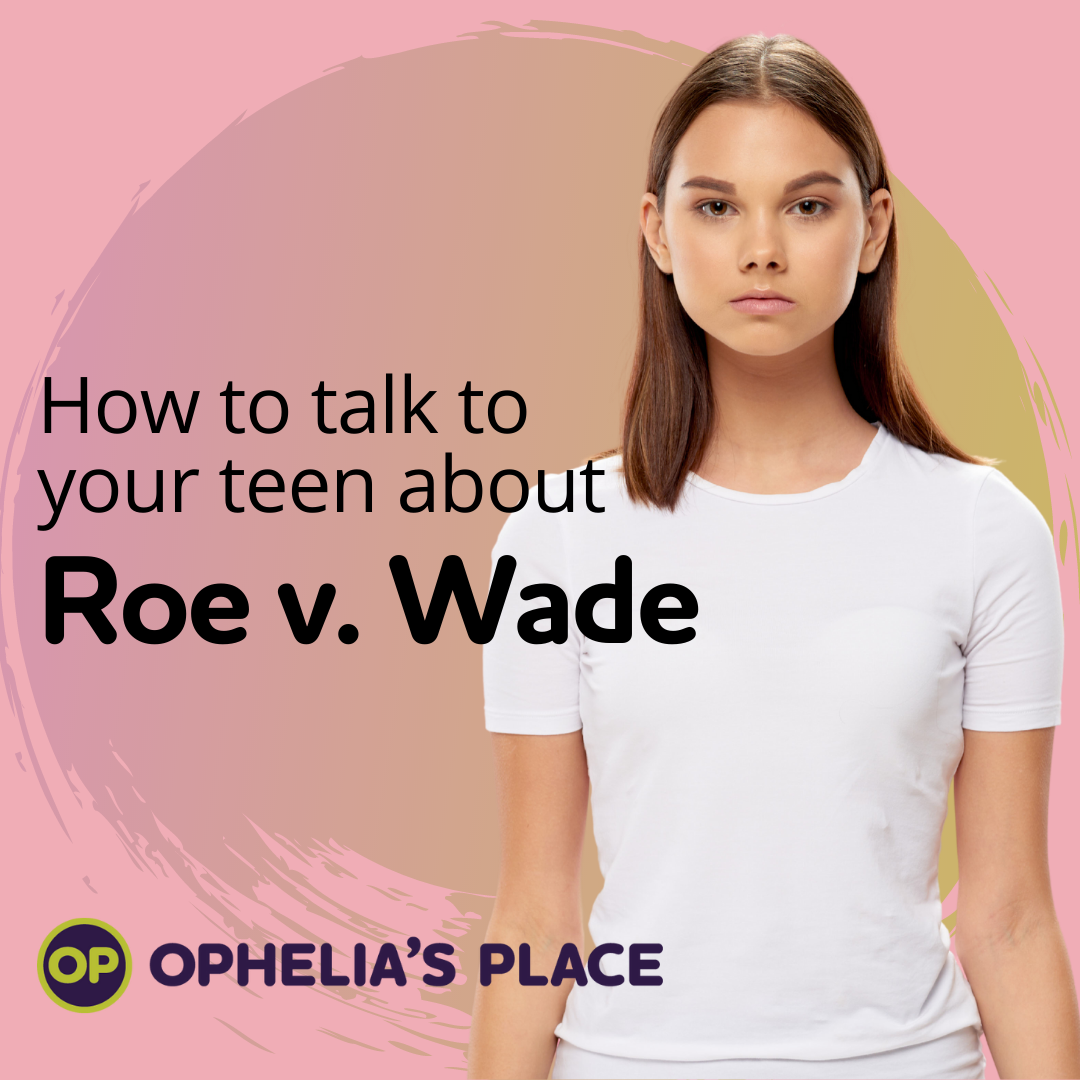How to Talk to Teens About Roe v. Wade – Step One: Listen.
When the Supreme Court’s opinion about overturning Roe v Wade, the case that guaranteed the legal right to an abortion, was leaked in May, teens watched, listened, and activated. Students throughout the country, including in Eugene, throughout Oregon, and across the United States, held walkouts to share their support for legal abortion and body autonomy.
They’re watching and learning again when the case was overturned today.
You might feel unsure about how to talk about abortion rights with your teen. Maybe you think they’re too young to discuss such a long-battled topic. Perhaps your own political and social beliefs counter with what you think their opinions are. However, listening, learning with, and talking about access to health services with your young person is more important than ever.
Don’t shy away from discussing abortion rights with young people because:
Abortion rights directly impact more than 50 percent of the population, disproportionately so for those who are low income and people of color.
Your teen wants to know you care about their bodily rights and safety.
They are listening to their peers, family, the news, doing their own research, and forming their own opinions.
It’s a powerful time for parents to model how to discuss important issues, and how to be involved in community discussions in a safe way.
It’s an opportunity for your teen to express their voice about something that directly impacts their own rights, their community, and their future.
How do you have this conversation with your young person?
Actively listen. Listening helps youth feel validated and improves understanding between adults and youth. Practice active listening by making time and space for the conversation, validate feelings, paraphrase to check that you’re understanding, and don’t worry about having the “right” answers.
Do your own homework. Get a sense of the current conversation on the news, on the social media platforms they’re on, and in your community. And ask for help - use trusted sources and statistics, and check in with your own feelings. Be prepared to share your thoughts in an open, clear way. (But listen to their ideas first.)
Ask questions. The goal of the conversation isn’t always to provide advice or a fix. Instead, focus on showing empathy and support, building connection, and learning from your young person.
It’s important to discuss how the overturn of Roe v. Wade might impact your teen’s access to reproductive health care in the future. It’s a good opportunity to talk in general about topics like sexuality and body autonomy.
But most of all, it’s a time to empower young people to learn about and share their voices concerning decisions that impact their lives and their communities. Let’s listen.



